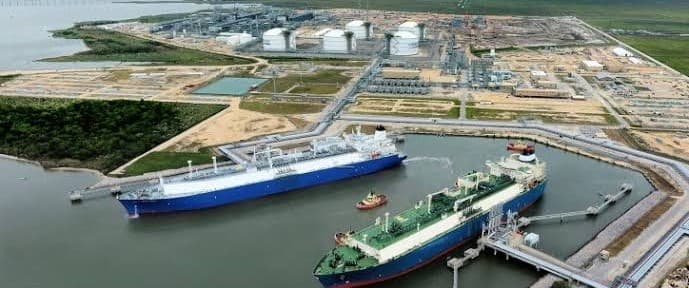Now Reading: Saudi Signals and Trump Tariffs Are Cracking the Oil Market
-
01
Saudi Signals and Trump Tariffs Are Cracking the Oil Market
Saudi Signals and Trump Tariffs Are Cracking the Oil Market

Oil prices are on the decline despite low inventories, with weak U.S. economic data and rumors of increased Saudi production impacting market sentiment. Standard Chartered has warned that this price weakness may persist due to factors such as Trump’s tariff policy, rising output in Kazakhstan and Iraq, and potential OPEC+ supply boosts despite tight inventory conditions.
The Energy Information Administration reported low inventories today, but this did not stop the drop in oil prices. WTI was down nearly 4% on the day, with Saudi rumors adding to the pressure. Additionally, new U.S. economic data suggests further challenges for the sector.
Eight OPEC+ countries recently announced plans to increase oil output in May, coinciding with Trump’s tariffs on numerous countries. Saudi Arabia is expected to push for increased production at the upcoming meeting on May 5th, with reports indicating they are prepared to weather lower oil prices for an extended period.
Standard Chartered analysts predict that the oil market weakness will continue due to U.S. tariff policies, despite low inventories. The U.S. oil inventories remain below the five-year average, with the deficit widening to 47.4 million barrels. Tight prompt conditions are evident in oil futures markets, with StanChart noting that the current weakness, despite low inventories, reflects disruptions from U.S. economic policy and supply changes in Iraq and Kazakhstan.
In Europe, gas inventories are rising, but remain lower than last year and below the five-year average. Gas prices in Europe have fallen, with natural gas futures nearing a nine-month low.






